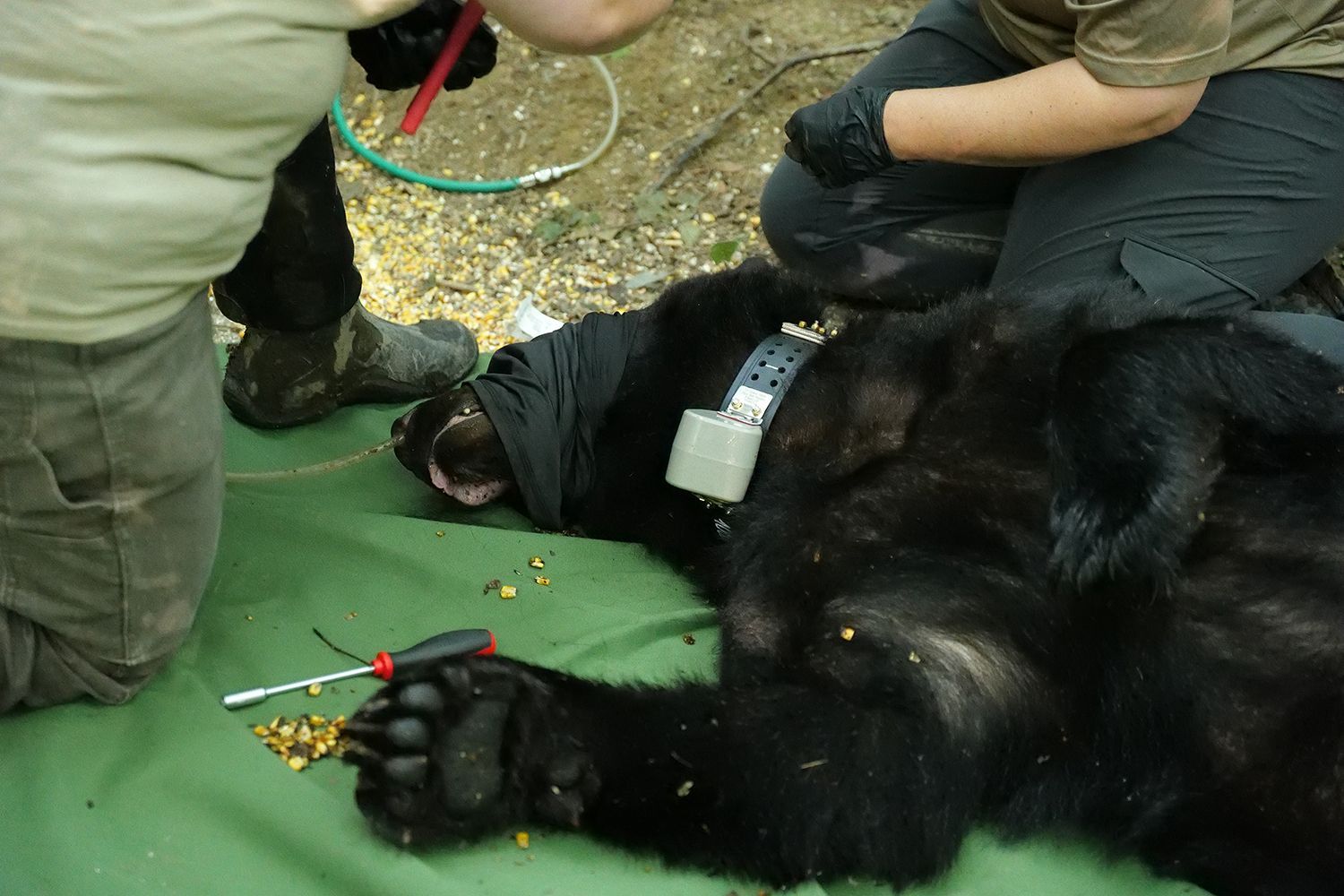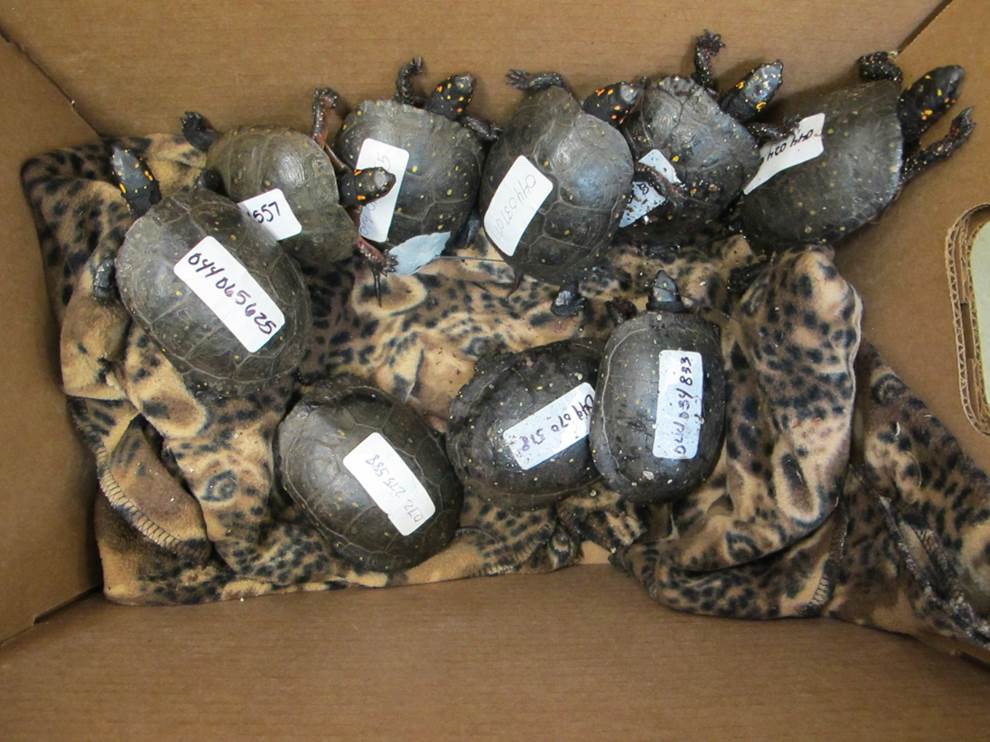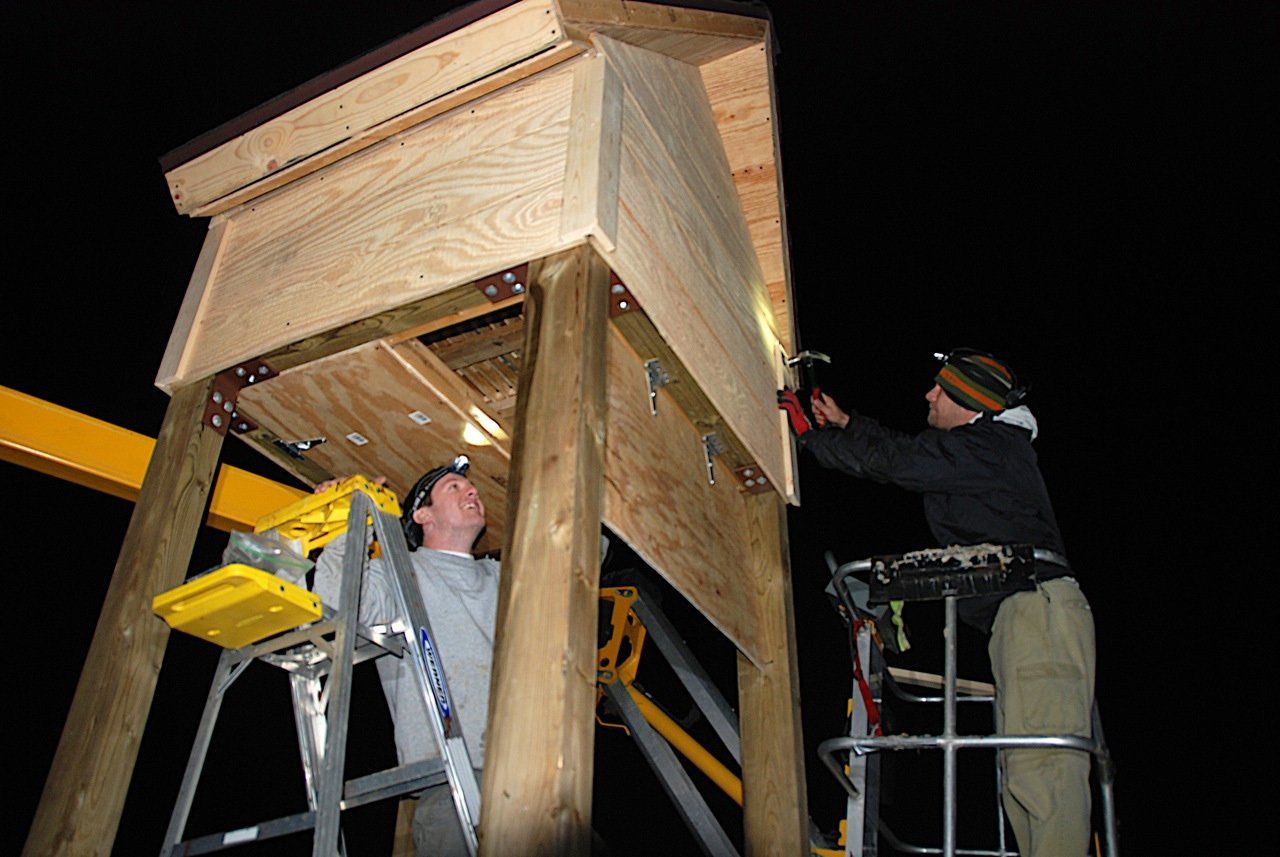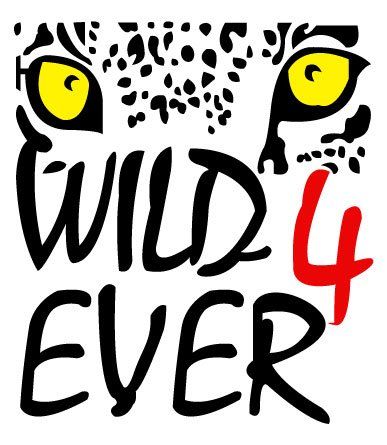Bi-National Jaguar Conservation Effort
Known for their power, strength, and beauty, jaguars once roamed much of the southern United States. Those days are long gone. Habitat loss and indiscriminate killing has resulted in the jaguar being critically endangered throughout its historic homeland.
Luckily, a group of people are trying to help. Dedicated conservationists from the USA and Mexico saw a solution and formed the Northern Jaguar Project (NJP) to protect jaguars and other native wildlife inhabiting their territory. Within the 86 square mile reserve, NJP biologists, guardians, and vaquero field team work with local ranchers, schools, and rural communities to build respect, pride, and tolerance for the resident jaguars resulting in increased wildlife populations and reduced human-wildlife conflicts. Wild4Ever is proud to support this US-Mexico cooperative.




